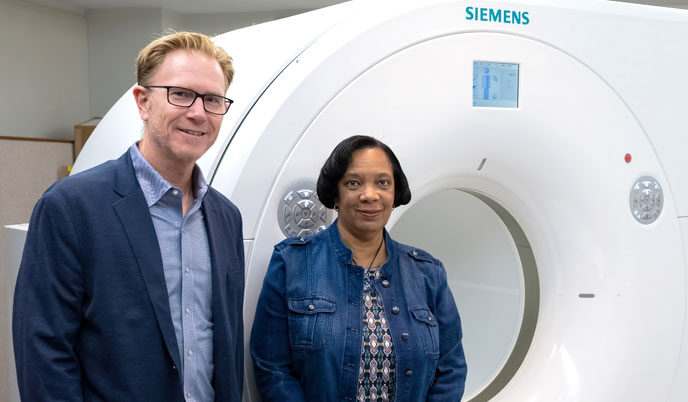
Brain scans begin for nationwide Alzheimer’s disease study
Research participants have begun volunteering for brain scans at the University of Wisconsin School of Medicine and Public Health in Madison for a national study on Alzheimer’s disease and related dementias.

Art Walaszek named associate dean for faculty affairs and development
Dr. Art Walaszek has been named the next associate dean for faculty affairs and development at the University of Wisconsin School of Medicine and Public Health.
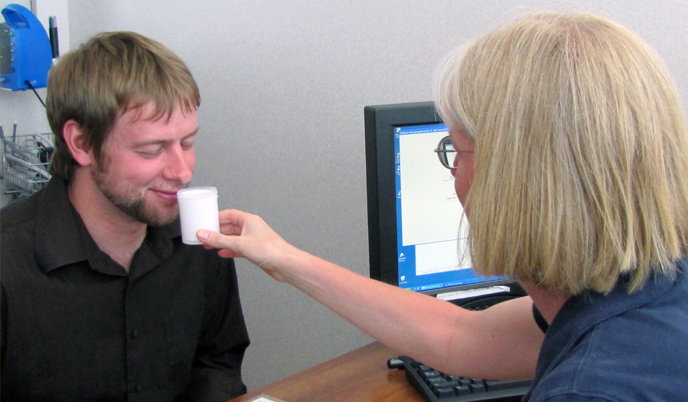
Midlife testing may help predict later cognitive impairment
When researchers test motor skills, hearing, vision and smell in people in their midlife, they are better able to identify those who may develop cognitive decline or impairment 10 years later, according to a new study by researchers at the University of Wisconsin School of Medicine and Public Health.

Gut inflammation linked to aging and Alzheimer’s disease
A new study by researchers at the University of Wisconsin School of Medicine and Public Health suggests a link between gut inflammation and changes in the brain and declines in memory, further supporting a connection between the gut and brain in Alzheimer’s disease.
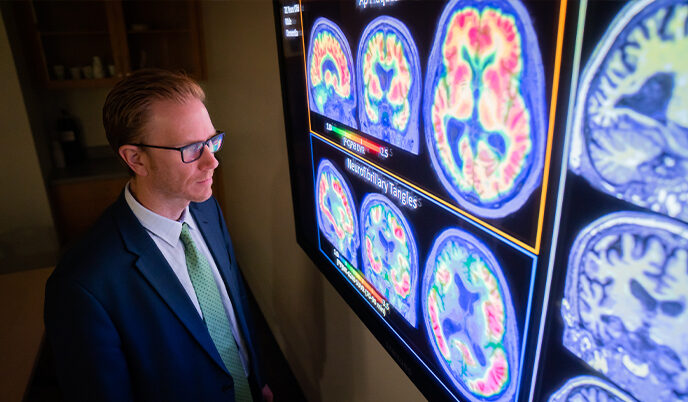
UW–Madison receives $150 million grant to lead nationwide Alzheimer’s disease study
The University of Wisconsin School of Medicine and Public Health has been awarded funding from the National Institutes of Health for a nationwide research initiative to investigate the neurobiology of Alzheimer’s disease and related dementias.

Researchers pursue easier, earlier detection of Alzheimer’s disease in Black adults
A blood biomarker and a method of testing cognitive processes such as memory and thinking could hold promise for identifying middle-aged Black people who are at risk for later developing Alzheimer’s disease, according to a new study from the University of Wisconsin School of Medicine and Public Health.

UW study links past military service to Alzheimer’s disease
The brains of deceased military veterans had higher levels of two abnormal proteins considered hallmarks of Alzheimer’s disease, suggesting that military veterans face a greater risk for developing Alzheimer’s, according to a new study from the University of Wisconsin School of Medicine and Public Health.
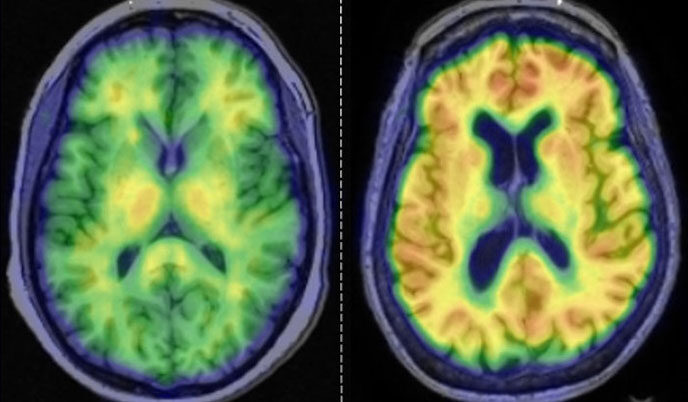
UW study examines potential treatment for Alzheimer’s disease
Researchers at the University of Wisconsin School of Medicine and Public Health are investigating whether the drug leuprolide, which is approved for prostate cancer in men, can be used to treat symptoms of Alzheimer’s disease in women.

Study explores midlife factors associated with blood biomarkers of neurodegeneration and Alzheimer’s disease
Lifestyle and chronic health conditions in middle age, along with a person’s education level, show associations with emerging blood markers of neurodegeneration and Alzheimer’s disease, according to a new study by researchers at the University of Wisconsin School of Medicine and Public Health.
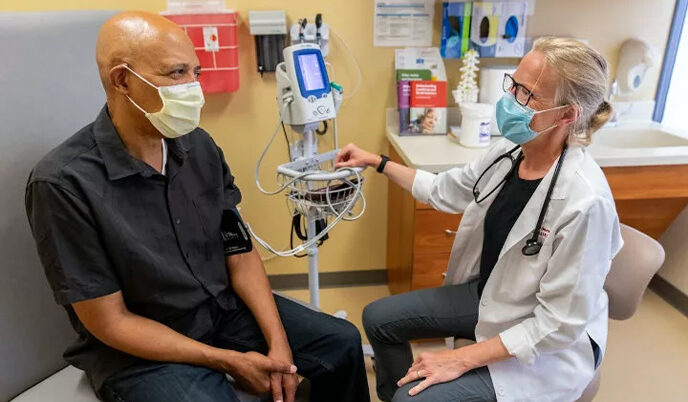
UW study focuses on Alzheimer’s disease treatment and prevention in Black adults
As the first of a new generation of Alzheimer’s disease drugs hit the market, some researchers are troubled by the lack of clinical data available on the effectiveness of these drugs in Black people.

Alzheimer’s, related dementias cause high economic burden among Indigenous populations
Indigenous people living in Wisconsin and throughout the nation experience significant health and financial burden from Alzheimer’s disease and related dementias, according to new research published by a University of Wisconsin–Madison team and collaborators.
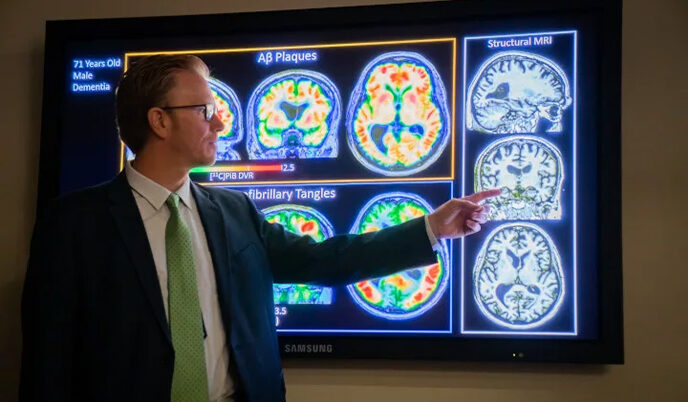
Wisconsin Registry for Alzheimer’s Prevention marks 20th anniversary
November marks a significant scientific milestone for the Wisconsin Registry for Alzheimer’s Prevention (WRAP) study at the University of Wisconsin School of Medicine and Public Health. It is the 20th anniversary of a groundbreaking study that is advancing the field of Alzheimer’s research here in Wisconsin and internationally.